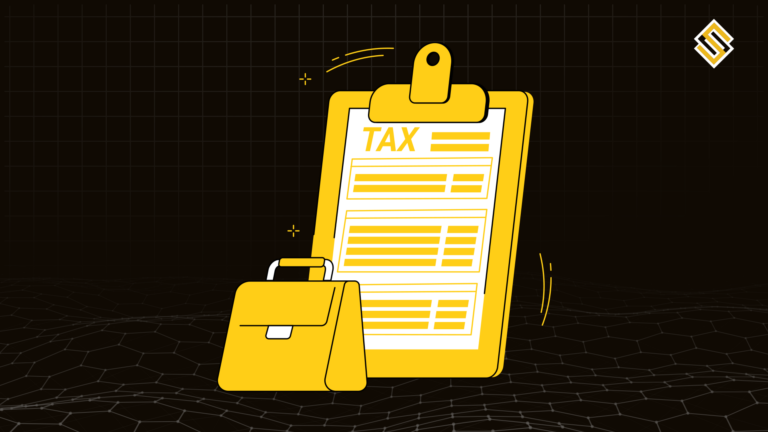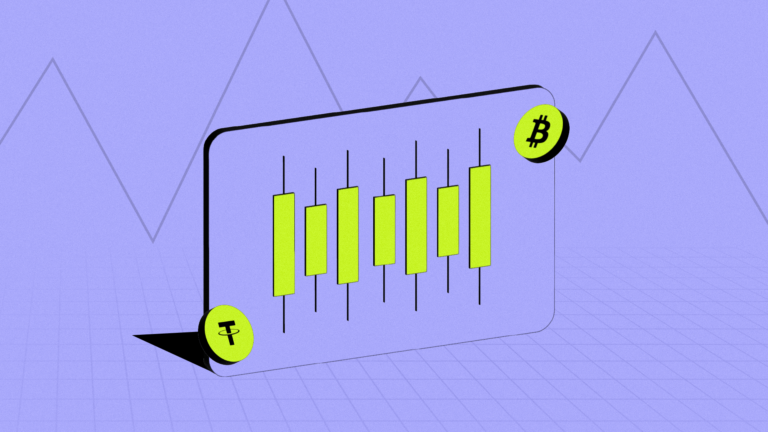India is a country known mostly for two things: its cuisine and the number of billionaires that call it home. Talking specifically about billionaires, the majority of them have significantly invested in the financial market, particularly in the rapidly growing and developing digital asset class known as cryptocurrency.
But how are they investing in Bitcoin ETFs when no company in India offers the facilities to purchase them? To that aim, a recent Bloomberg investigation revealed surprising facts about how rich Indians are utilizing the Reserve Bank of India’s Liberalised Remittance Scheme to invest in Bitcoin ETFs.
Wealthy Indians Use an RBI Scheme for Bitcoin ETF Exposure
According to a recent report, rich Indians are utilizing their yearly remittance quotas, which were introduced by India’s central bank in 2004, to participate in the spot-Bitcoin ETF craze. The report stated that these investments are being recorded despite continuous warnings from the country’s central bank.

However, Indians are investing in the 9 spot exchange-traded funds introduced in January under the Reserve Bank of India’s Liberalised Remittance Scheme (LRS), which allows people to send up to $250,000 or ₹1.9 Cr every financial year.
The LRS is a foreign exchange policy implemented by the Reserve Bank of India in 2004. It aimed at streamlining and simplifying the process of remitting funds outside India. LRS allows Indian residents to freely remit funds up to a specific amount for a variety of authorized transactions involving a current or capital account.
Vested Finance, a domestic platform that allows Indians to invest in foreign assets, provides data on local demand for ETFs. So far, it has logged more than $5.3 million or ₹44.10 Cr in Bitcoin ETF trading volumes, with orders for purchase accounting for 67%.
How Are Wealthy Indians Doing This?
In accordance with RBI guidelines, remittances can be made for any purpose specifically prohibited under Schedule I (such as the purchase of lottery tickets/sweep stakes, proscribed magazines, and so on) or any item restricted under Schedule II of the Foreign Exchange Management (Current Account Transactions) Rules, 2000, as well as for foreign exchange trading abroad.
So, the issue is, how are they actually investing it? The answer is that wealthy Indians are remitting funds through LRS to a US brokerage account, which will credit that money to your US brokerage account, from which you may subsequently invest in the ETF. In this method, a wealthy Indian is wisely investing in Bitcoin ETFs while adhering to all RBI restrictions.
Why do Indians Have to Choose this Way?
India currently has no formal cryptocurrency policy, with the exception of a 30% tax on crypto earnings and a 1% TDS on all crypto transactions. Not only that, but several government officials, including Finance Minister Nirmala Sitharaman and RBI Governor Shaktikanta Das, have criticized cryptocurrencies multiple times.
This criticism has driven Indian traders to look for alternative means to gain exposure to international or cryptocurrency assets. The only way to prevent our Indian users from using foreign platforms and unlawful methods like this is to implement a user-friendly crypto policy as well as lower tax rates, which will increase Indian traders’ trust in staying on local crypto exchanges or platforms.
However, one thing to note is that Virtual Digital Assets such as cryptocurrency and NFTs are gaining substantial traction in the Indian market. For example, in a recent interview, senior Congress politician and three-time Lok Sabha MP Shashi Tharoor said that he has Bitcoin ETFs valued ₹5.11 lakh, which is somewhat shocking.
As a result, the government must make a decision as soon as possible; otherwise, Indian crypto exchanges and small traders may suffer even more in the near future.
Conclusion
Despite the absence of local avenues for purchasing Bitcoin ETFs, Indians are utilizing various ways to access international markets and invest in digital assets. This method not only circumvents current regulatory restrictions but also underscores the growing interest in cryptocurrencies among Indian investors.
The sole option that the government has right now is to listen to the people’s voice and make India a crypto-friendly country.
To learn more about Indian Crypto Traders & Bitcoin ETF, go check out SunCrypto Academy.
Disclaimer: Crypto products and NFTs are unregulated and can be highly risky. There may be no regulatory recourse for any loss from such transactions. All content provided is for informational purposes only, and shall not be relied upon as financial/investment advice. Opinions shared, if any, are only shared for information and education purposes. Although the best efforts have been made to ensure all information is accurate and up to date, occasionally unintended errors or misprints may occur. We recommend you do your own research or consult an expert before making any investment decision. You may write to us at [email protected].





